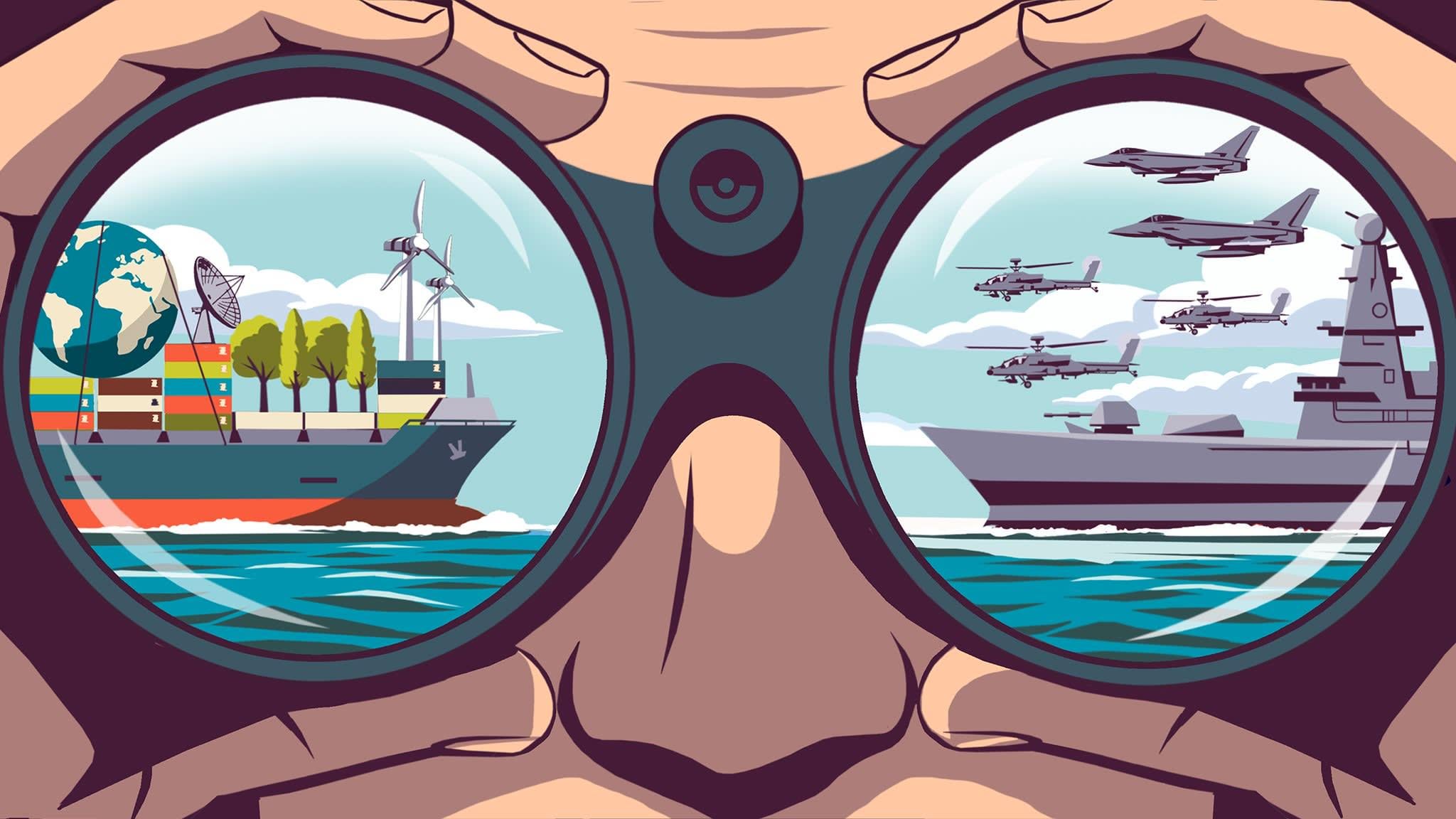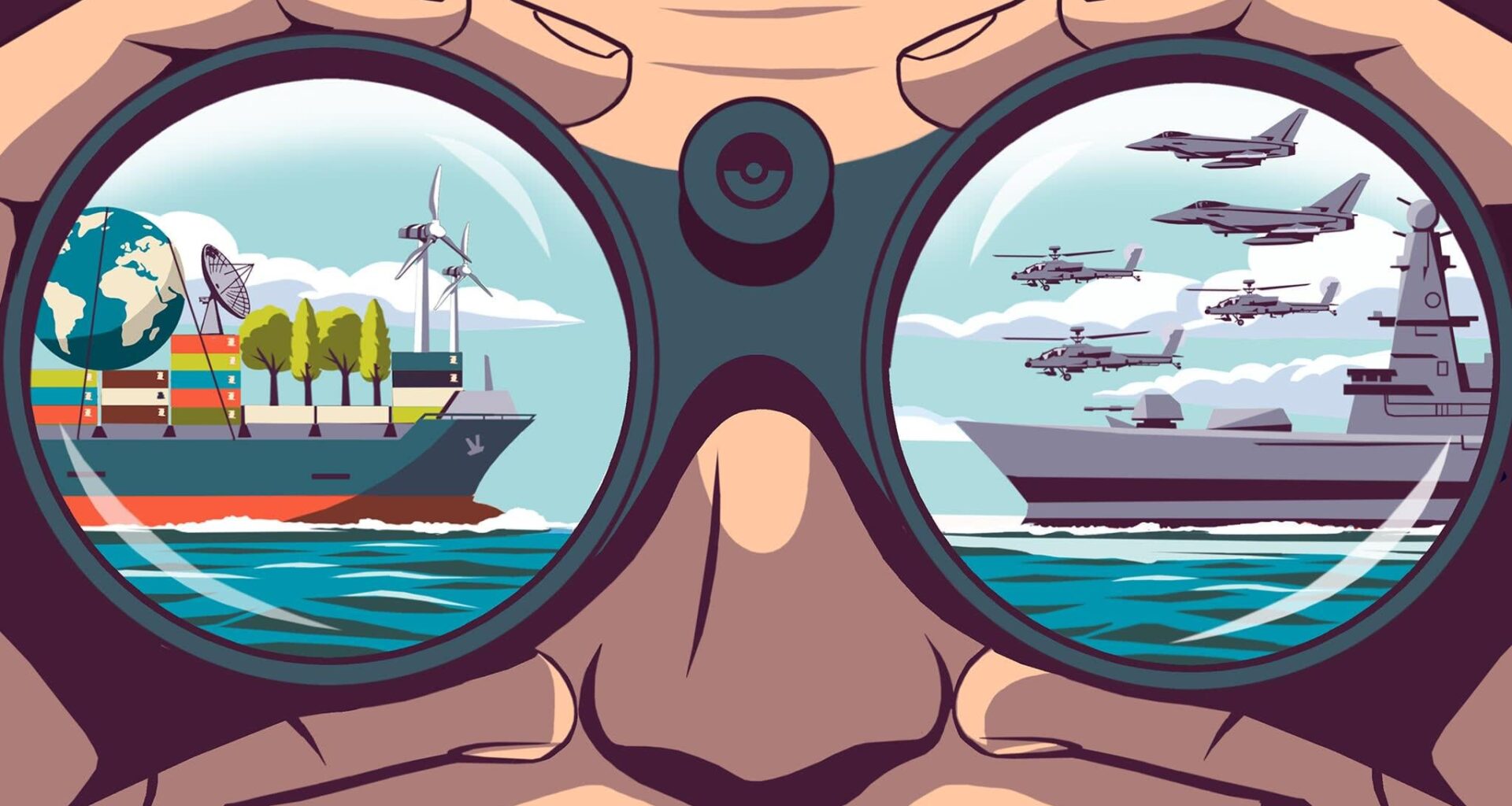
Gillian Tett: The New Age of Geoeconomics
https://www.ft.com/content/762c79d2-f9c9-4e68-9a9c-bcfd443ad63e
Posted by BlueEmma25


Gillian Tett: The New Age of Geoeconomics
https://www.ft.com/content/762c79d2-f9c9-4e68-9a9c-bcfd443ad63e
Posted by BlueEmma25
3 comments
[Unpaywalled Link](https://archive.ph/UQxLH)
In this important essay the Financial Times’ Gillian Tett argues that the world is experiencing a paradigm shift in trade relations, which are being reorganized around a concept she calls “geoeconomics”, defined in a 1990 essay by military strategist Edward Luttwak as “the admixture of the logic of conflict with the methods of commerce”.
Elsewhere in the article Tett notes:
> The term has been used most often in connection with China’s rivalry with the US and, as Luttwak noted, *China has been using geoeconomic and mercantilist policies for years.*. [my emphasis]
Stated otherwise, China has never seen trade merely as a means of wealth accumulation, but also as a tool for growing the state’s power and global influence. Luttwak was well ahead of his time in recognizing this. Western countries, beholden to a neoliberal ideology that held “free trade” to be an unalloyed good, were very slow to grasp the security implications of throwing their domestic markets open to a tsunami of Chinese exports, while they themselves deindustrialized and offshored. Only in recent years have they begun to realize how China’s dominance of global manufacturing, a dominance they themselves did a great deal to facilitate, is rapidly altering power dynamics in ways that are highly favourable to China and unfavourable to themselves. See for example the strategic implications of China’s stranglehold on the supply of critical minerals.
The upshot is, in a nutshell, that everyone is becoming more like China, with Western countries scrambling to play catch-up in aligning trade and security policy – hence the era of geoeconomics.
She quotes Jonathan Black, Britain’s deputy national security advisor:
> “This intersection between economic and security interests [ie geopolitics] is the systemic policymaking challenge of our time . . . It increasingly dominates the agenda around the table not just at international summits, but in individual country cabinet rooms and indeed company boardrooms.”
(Tett’s essay also includes a brief review of the various paradigms that have dominated international trade at various times since the late 19th century.
These can be very briefly summarized as:
1. Pre World War I: Globalization I
2. Interwar period (1919-1939): Economic Nationalism
3. Post World War II (1945-1975): Embedded Liberalism (Bretton Woods system)
4. Post Bretton Woods (1975-2016): Neoliberalism / Globalization II
5. Current Era (2016 – ???): Geoeconomics
This periodization is necessarily somewhat arbitrary, but approximately correct. I decided on 2016 as the end of the neoliberal / globalization ii phase to coincide with Donald Trump’s first presidential term)
Tett’s essay really nails what’s happening with global trade right now. The idea of “geoeconomics” — mixing politics and business — makes a lot of sense, especially when you look at how China treats trade as a way to boost its power, not just make money.
It’s crazy how long Western countries stuck to the idea that free trade was always good, without thinking about the risks of relying so much on China for things like manufacturing and important materials. Now it’s a real problem, and governments are rushing to fix it.
I also like how Tett breaks down the history of trade — showing how things have swung back and forth between open borders and protecting local industries depending on the political climate. Now, with economics and security so linked, it’s a tricky balancing act for leaders and companies.
Jonathan Black’s point about how this mix of economics and security is shaping decisions everywhere really hits home. Trade isn’t just about money anymore — it’s about power and security too.
All in all, Tett’s piece is a good reminder that we need to rethink how we handle trade in this new “geoeconomics” world.
Thanks for posting this, the article has taken me down a rabbit hole on the subject of Geoeconomics. Although I believe it has been around for a while, it seems it is just recently becoming a science all its own. Thanks again.
Comments are closed.